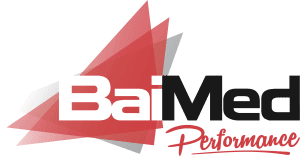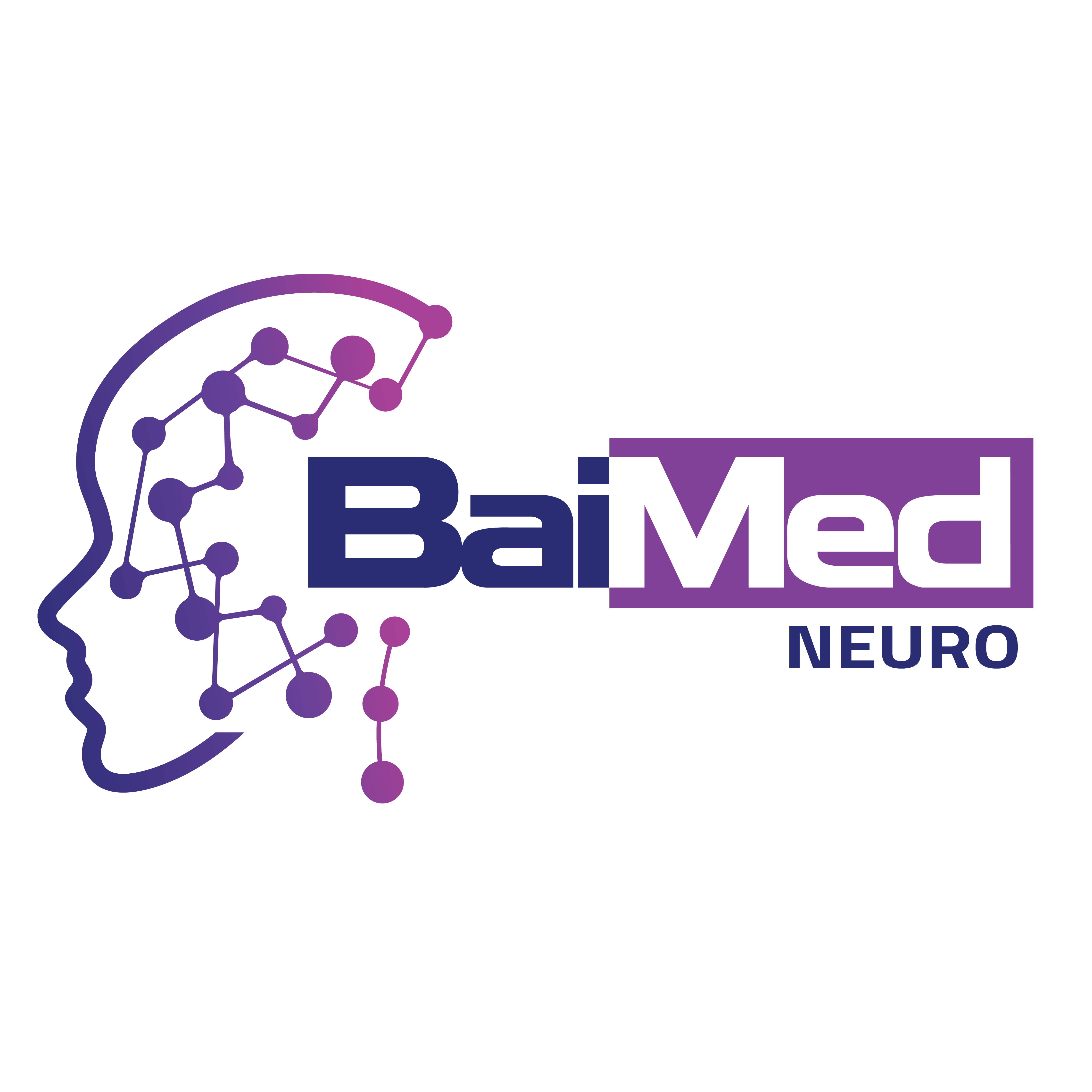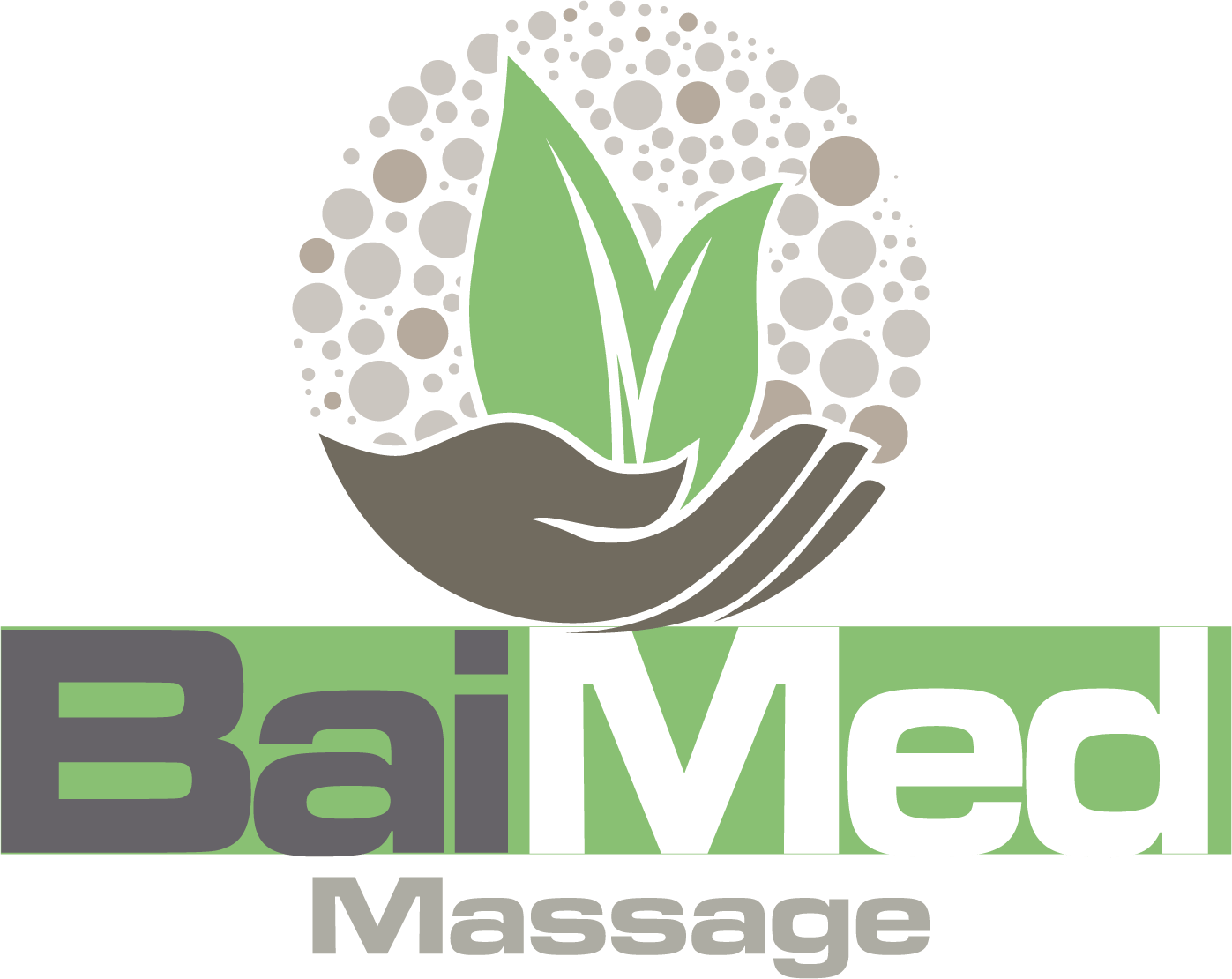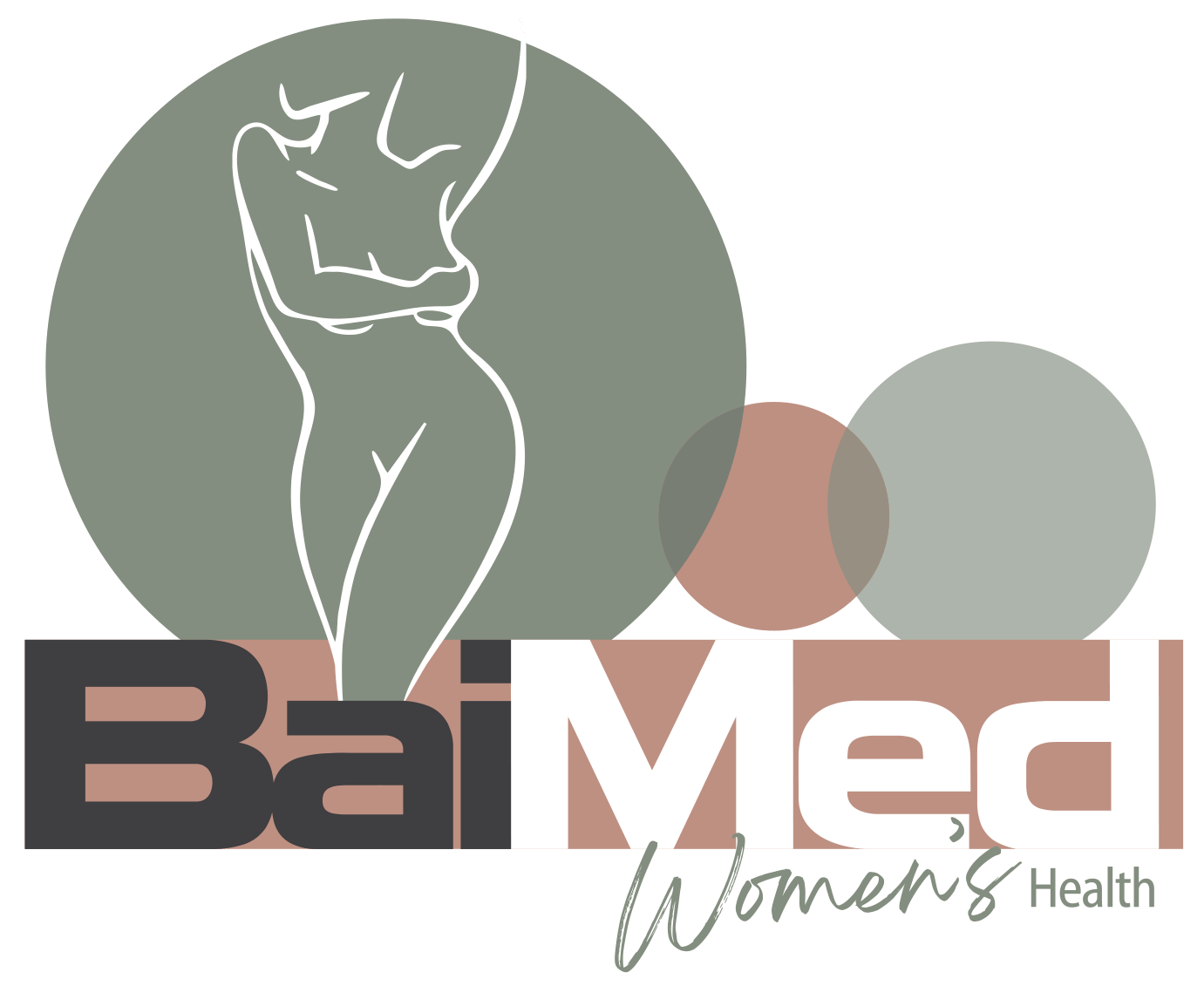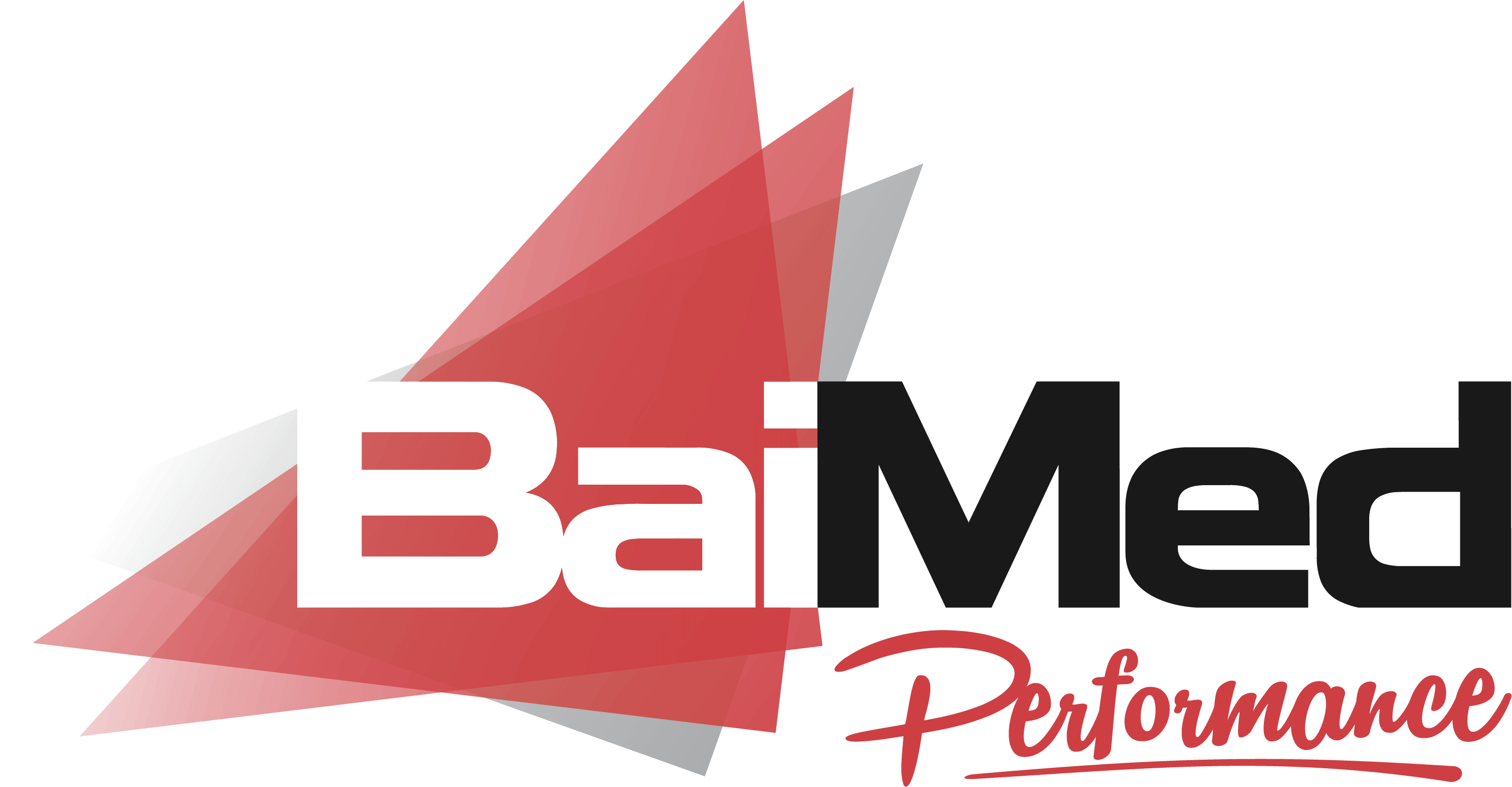Exercise Physiology
Exercise physiology is the science of analysing and optimising human movement and involves the study of the acute responses and chronic adaptations to exercise.
BaiMed’s exercise physiologists utilise education, lifestyle intervention and individualised programming to design, deliver and evaluate effective exercise interventions for a wide range of clients.
Discover the advantages of this service at BaiMed today.
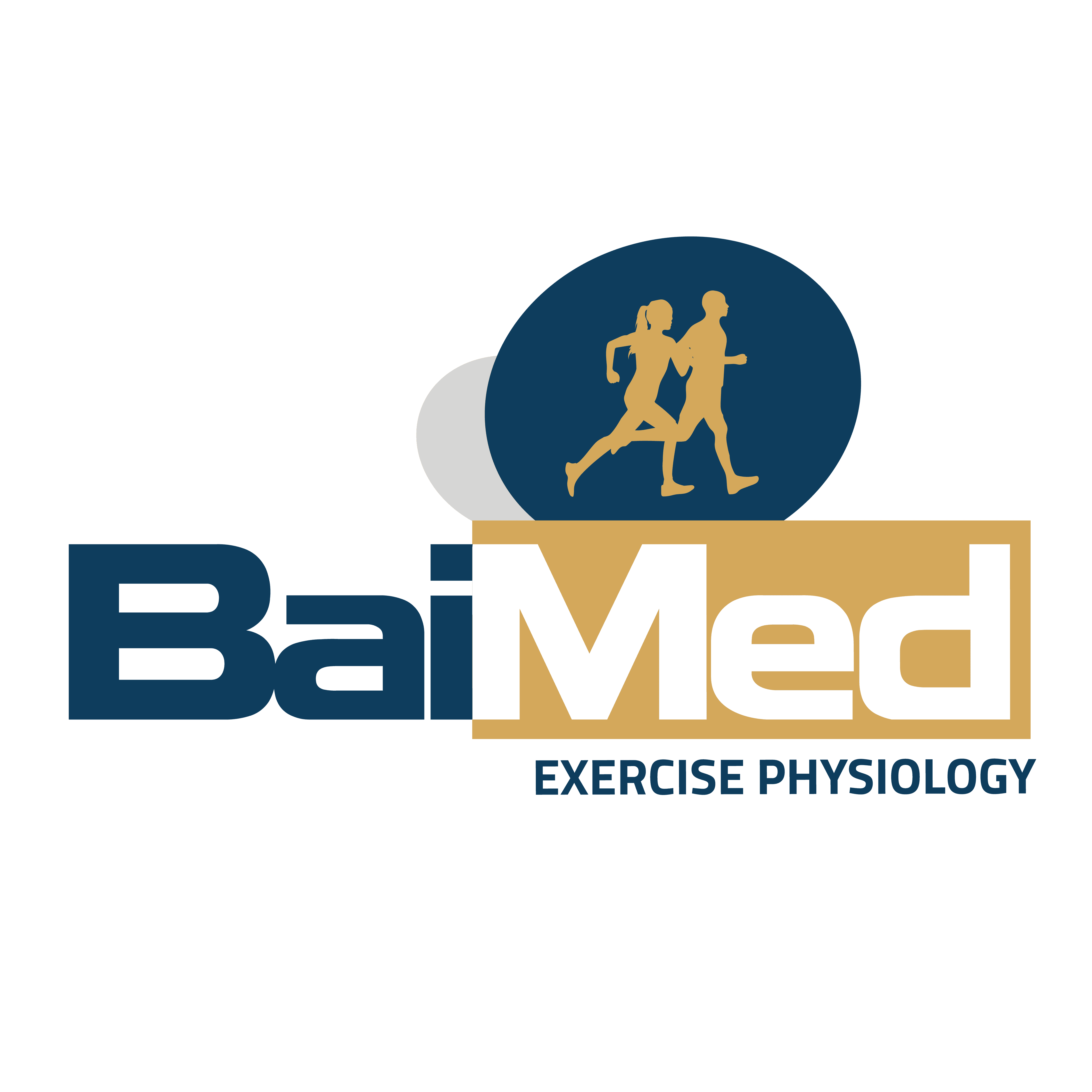

Exercise physiology is the science of analysing and optimising human movement and involves the study of the acute responses and chronic adaptations to exercise.
BaiMed’s exercise physiologists utilise education, lifestyle intervention and individualised programming to design, deliver and evaluate effective exercise interventions for a wide range of clients.
Discover the advantages of this service at BaiMed today.
- Chronic pain management
- Musculoskeletal injuries
- Cardiovascular diseases
- Metabolic disorders
- Diabetes management
- Obesity and weight management
- Arthritis and joint pain
- Osteoporosis and bone health
- Pulmonary conditions
- Neurological disorders
- Mental health conditions
- Cancer recovery
- Pre- and post-surgical rehabilitation
- Sports performance enhancement
- Injury prevention and management
- Balance and mobility issues
- Age-related functional decline
At BaiMed, our expert exercise physiologists utilise a comprehensive approach to treatment through exercise physiology.
By conducting thorough assessments, they identify each patient’s unique needs and develop tailored exercise programs.
These programs incorporate various modalities such as strength and conditioning, flexibility, aerobic capacity, and balance training.
Our exercise physiologists also provide ongoing support, monitoring progress, and adjusting the programs as necessary to ensure optimal results.
Through this individualised approach, we help patients overcome physical challenges, enhance performance, and improve their overall quality of life.
- What is the difference between exercise physiology and physiotherapy?
Answer: Exercise physiology focuses on designing and implementing tailored exercise programs to address various health conditions, improve overall fitness, and enhance physical performance. Physiotherapy, on the other hand, primarily deals with the assessment, diagnosis, and treatment of musculoskeletal conditions through manual therapy, joint mobilisation, and rehabilitation exercises.
- Do I need a referral to see an exercise physiologist?
Answer: A referral is not required to see an exercise physiologist, however for injuries and medical conditions having one from your primary healthcare provider can be beneficial, as it ensures proper communication between healthcare professionals and may provide access to certain rebates or funding programs.
- How long does a typical exercise physiology session last?
Answer: An initial consultation usually lasts between 45 minutes to an hour, during which a thorough assessment is conducted. Follow-up sessions typically last for 30-45 minutes, depending on the patient’s specific needs and the complexity of the exercise program.
- Can exercise physiology help with weight loss?
Answer: Yes, exercise physiology can play a crucial role in weight loss by providing tailored exercise programs that target safe and effective fat loss while improving overall health and fitness. Additionally, exercise physiologists can provide guidance on lifestyle modifications and healthy habits to support long-term weight management.
- Is exercise physiology suitable for people with pre-existing medical conditions?
Answer: Absolutely. Exercise physiologists are trained to work with patients with various medical conditions, including chronic diseases, musculoskeletal injuries, and neurological disorders. They design and implement customised exercise programs that cater to the specific needs and limitations of each patient, ensuring a safe and effective approach to improving health and well-being.
Meet Our Team
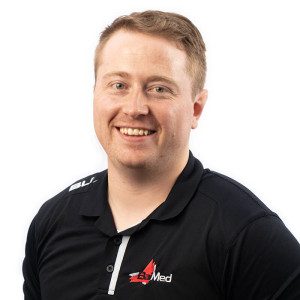
Harry Bignall
 Position: Exercise Physiologist
Position: Exercise Physiologist
Qualifications: Master of Clinical Exercise Physiology, Bachelor of Exercise Science, Certificate IV Allied Health Assistance
Harry grew up in the Southern Highlands where he played multiple sports including soccer and basketball. In 2019 he made the move to the Illawarra whilst completing his Exercise Science degree at University of Wollongong.
Harry is passionate about helping individuals improve their health, function and quality of life. Whether your an athlete, dealing with an injury or have a long-term health condition.
Outside of work Harry enjoys playing golf, snowboarding, and exploring the south coast.
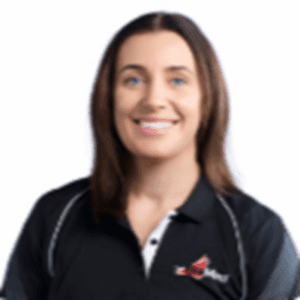
Kaitlyn Gray

Position: Exercise Physiologist
Kaitlyn is an Accredited Exercise Physiologist with a deep-rooted passion for movement and recovery. She loves working with people in the gym to get them strong and back doing what they love.
Before transitioning into allied health, Kaitlyn worked as a veterinary nurse for nearly a decade, caring for animals with the same dedication she now brings to her human clients. At home, she’s surrounded by her two beloved dogs and cats, and has always been closely connected to animals and the outdoors.
Today, she channels that energy into CrossFit and adventurous outdoor activities like hiking, canyoning, canoeing, and most recently, snowboarding.
Her approach to exercise physiology is empathetic, evidence-based, and deeply personal—aimed at empowering clients through movement, no matter their starting point.
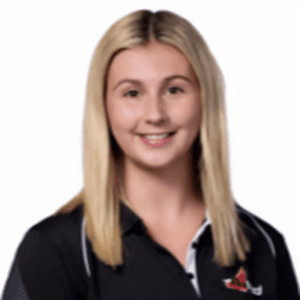
Jess Holt

Position: Exercise Physiologist
Jess has extensive experience providing one-on-one and group-based Exercise Physiology treatment across a variety of settings. She specializes in musculoskeletal and neurological rehabilitation and has a strong passion for hydrotherapy. Whether you’re looking to recover from an injury or improve your overall fitness, Jess is dedicated to helping you achieve your goals, no matter your ability level.
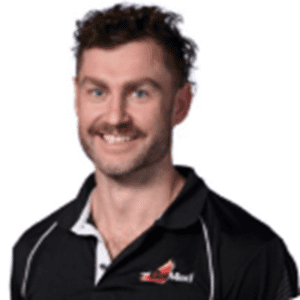
Luke McIlwain

Position: Exercise Physiologist
Luke is an experienced Accredited Exercise Physiologist with a passion for helping people improve their quality of life through movement and education. He takes a holistic and evidence-based approach, supporting clients to better manage their health, build strength and confidence, and return to the activities that matter most to them.
Luke has a strong background in chronic pain management, having worked for several years in a multidisciplinary pain clinic. He has a particular interest in supporting people with persistent pain conditions, including Complex Regional Pain Syndrome (CRPS), and understands the importance of building trust, setting realistic goals, and tailoring programs to suit each individual.
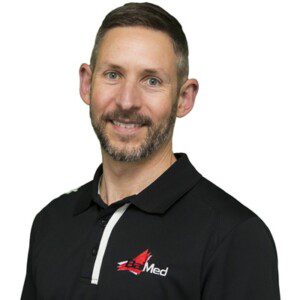
Sean Murray-Smith
Position: Exercise Physiologist and Strength and Conditioning Coach
Sean has been working with amateur, sub-elite and elite athletes since 2004 as a strength and conditioning coach and as a consultant for the Illawarra Academy of Sport and the NSW Institute of Sport. In this time, he has developed a coaching style and training philosophy that has seen his athletes reach the pinnacle of their given sports. These range from team sports such as basketball, hockey and netball at all levels to individual sports athletes in swimming, athletics and aerial skiing. Having undertaken a PhD in adolescent sport, he has a deep knowledge of the art and science behind training teen athletes. He takes pride in his ability to firstly connect with an athlete before using scientifically proven methods to facilitate continual improvement.



